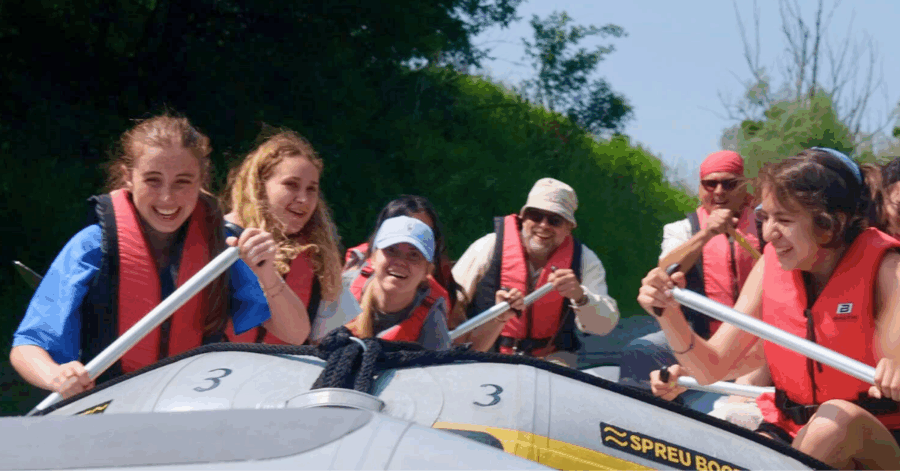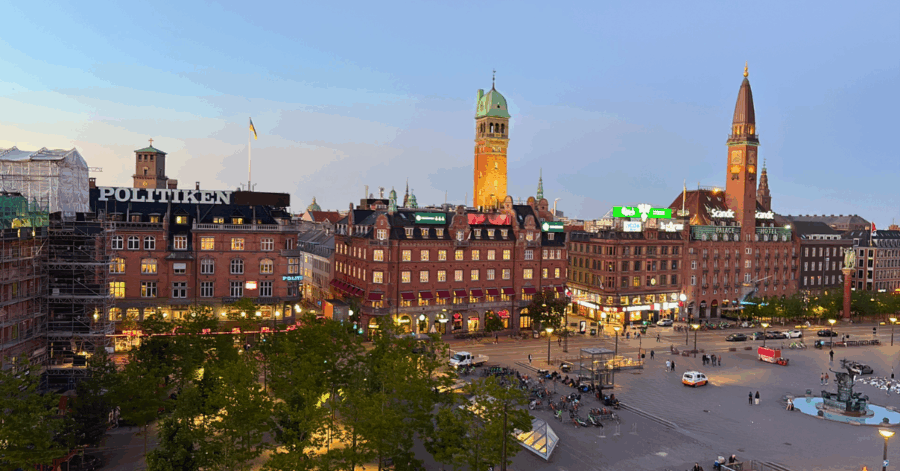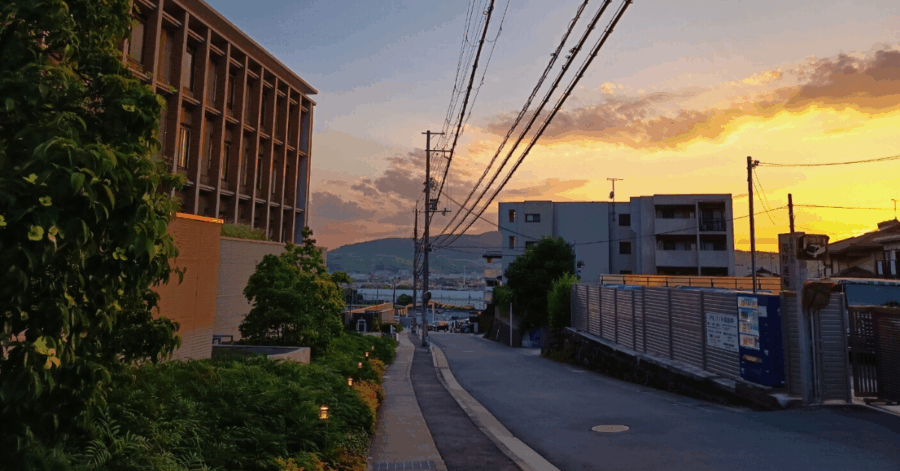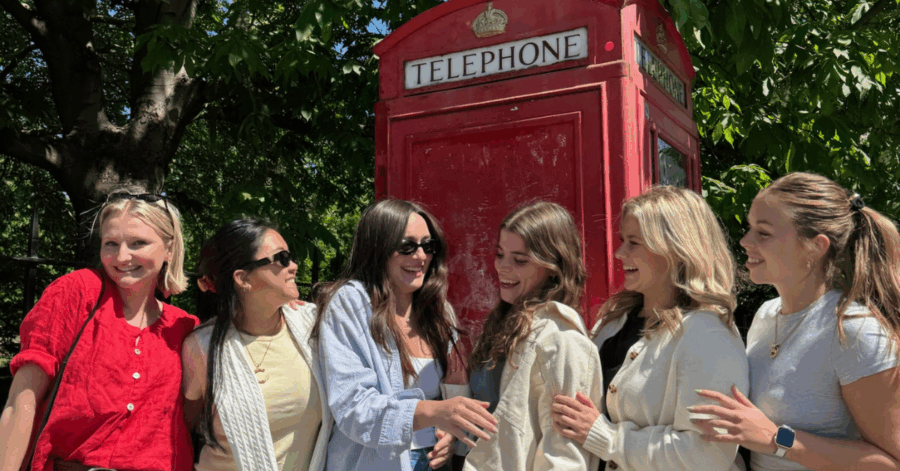Now that I’ve been in South Korea for nearly 3 months, I’ve fallen into a comfortable routine. Whereas I used to post everything I did on social media because it was new and exciting, I find myself posting less often these days, simply living in the moment and enjoying the everyday activities that have become my life.
Before I came to Korea, I considered myself pretty well-versed in modern Korean culture. I was familiar with the everyday practices of regular Koreans, so I didn’t think I’d have a hard time adjusting to life here at all. And I was right; I haven’t experienced any major culture shock since I’ve gotten here. But there are still plenty of little things that have managed to surprise me about Korea, small things that I never considered while planning my trip. Today, I’m going to mention some of these things to you, so if you ever do come to Korea, you’ll be armed with a little more knowledge than the average traveler.
Without further ado, here’s a list of ten of the most trivial yet useful things you need to know about Korea:
1. 70% of Korea is made up of mountains and hills, so stairs and slopes are a part of every person’s everyday commute. This makes every walk feel like a hike, but on the bright side, it’s great preparation for actual hiking. Hiking culture is huge in Korea, so I’d encourage you to try it out if you have a free weekend!
2. The insects in Korea are no joke. I was told by my friend that this is just an Asian thing in general. Korea’s flies are the size of bees, and their mosquitoes are huge and brutal. The bites are bigger, itchier, and strangely discolor your skin a little bit. I still have scars from being bitten during my first month here. As opposed to America, where I get mosquito bites once in a blue moon, I want to say that I’ve gotten at least 20-30 bites while living here, 5 of which are still healing at the moment.
3. In many places that aren’t franchises or hugely successful businesses, paying in cash gives you discounts. You’ll see this most frequently in underground subway shops, street clothing stalls, and even some restaurants. It’s likely that they’ll list the cash price on the signs, and if you try to pay with card, it’ll be more expensive. At restaurants that also do this, you can sometimes get free food (ramen, for example) if you pay in cash.

4. Korean drivers are pretty bold. This goes for cars and electric scooters/motorcycles. Many Koreans park on the sidewalk, so you have to walk on the road instead. If they don’t park on the sidewalk, they’ll simply park on the side of the road, but since that takes up the lane, drivers will drive over the yellow line to get past them. This gets especially tricky if it’s a smaller one-lane road. Essentially, picture trying to walk between two cars that are maneuvering past each other on a street far too small for all three of you. Also, since food delivery via scooter is so popular here, many delivery men (who are everywhere and work 24/7) drive in-between lanes and on sidewalks to get to their destination. While it’s uncomfortable at first, nobody seems to get into any accidents and you get used to it quickly. Now, I don’t even bat an eyelash when I’m walking down the road, six inches away from a car passing right next to me.
5. Sales tax is automatically included in every price, and it’s always configured very neatly. If you look on the receipt, you’ll see that the price you paid is split up between the real cost and the VAT (tax), both of which are very messy numbers, but they will always add up to a very clean one. On a similar note, tipping isn’t practiced in Korea. So the price you see is always the price you pay.
6. Most, if not all, bathroom stalls have at least one or two buttons inside of them. The first is the emergency button. It’s self-explanatory, so you can press it if you have an emergency and need some assistance. The second is the etiquette bell. The etiquette bell, when pressed, makes a flushing noise (or other varied noises) for 10-20 seconds, to drown out the sound of you using the toilet. Make sure not to confuse these buttons. The emergency bell is usually red and will say “emergency” very clearly. My friend once pressed it because she was curious about what would happen, and when she did, an alarm went off in the bathroom. A student came in and asked her if she was okay. Flustered, she said she pressed it on accident and quickly washed her hands and left. On her way out of the bathroom, a campus police officer as well as a security guard (holding a baton) both entered the bathroom.
7. Some of the food in Korea is surprisingly sweet. By this, I don’t mean that sweet foods happen to be sweeter than you expect, but that foods you expect to be savory are actually sweet. Mozzarella balls? Sweet. Chicken with cheese sauce? Sweet. (Turns out, it was cream cheese sauce.) Fried eggs? Sweet. (It had corn in it.) Ham and cheese sandwich? Sweet. (It had strawberry jam in it.) Korean people really like putting corn and sweet potatoes into things, and they also have many sweet sauces that they like to combine with traditionally savory foods.

8. Way more people smoke cigarettes here than in America. It’s very commonplace for people to smoke on the street since they’re not allowed to do so inside of stores and restaurants. There’s also many smoking areas around campus and sometimes inside cafes.
9. Some restaurants in Korea don’t display their opening hours, and you won’t be able to find them online. So sometimes you just have to go and hope that they’re open. But if you are able to find the hours, take note of when the break time is. Staff at all restaurants take a break for an hour a day, and it usually takes place sometime around 2-5PM. During that time, the restaurant is basically closed, and you will be unable to be served.
10. Construction work in Korea is incredibly efficient. You might find yourself walking down the street and suddenly spotting something new, thinking “Was that there yesterday…?” Many small road projects get done overnight, and larger projects usually take about a week or two, including the building of new stores and restaurants. So if you find yourself hassled by some temporary detours due to construction, take some comfort in knowing that they’ll be gone before you know it.
I hope the next time you find yourself in Korea, you’ll remember these pointers and be able to navigate life a little more smoothly.
Celeste Oon is a 2019 Global Ambassador majoring in linguistics and East Asian studies. Celeste is studying at Korea University in Seoul, South Korea.
Don’t get left behind. Read more about Celeste’s experience in Korea>>






Olá . Sou português mas vivo no Brasil há alguns anos e descobri
do seu site por causa do meu filho que vive em Portugal .
gostei muito seus artigos e sempre que possível irei te acompanhar